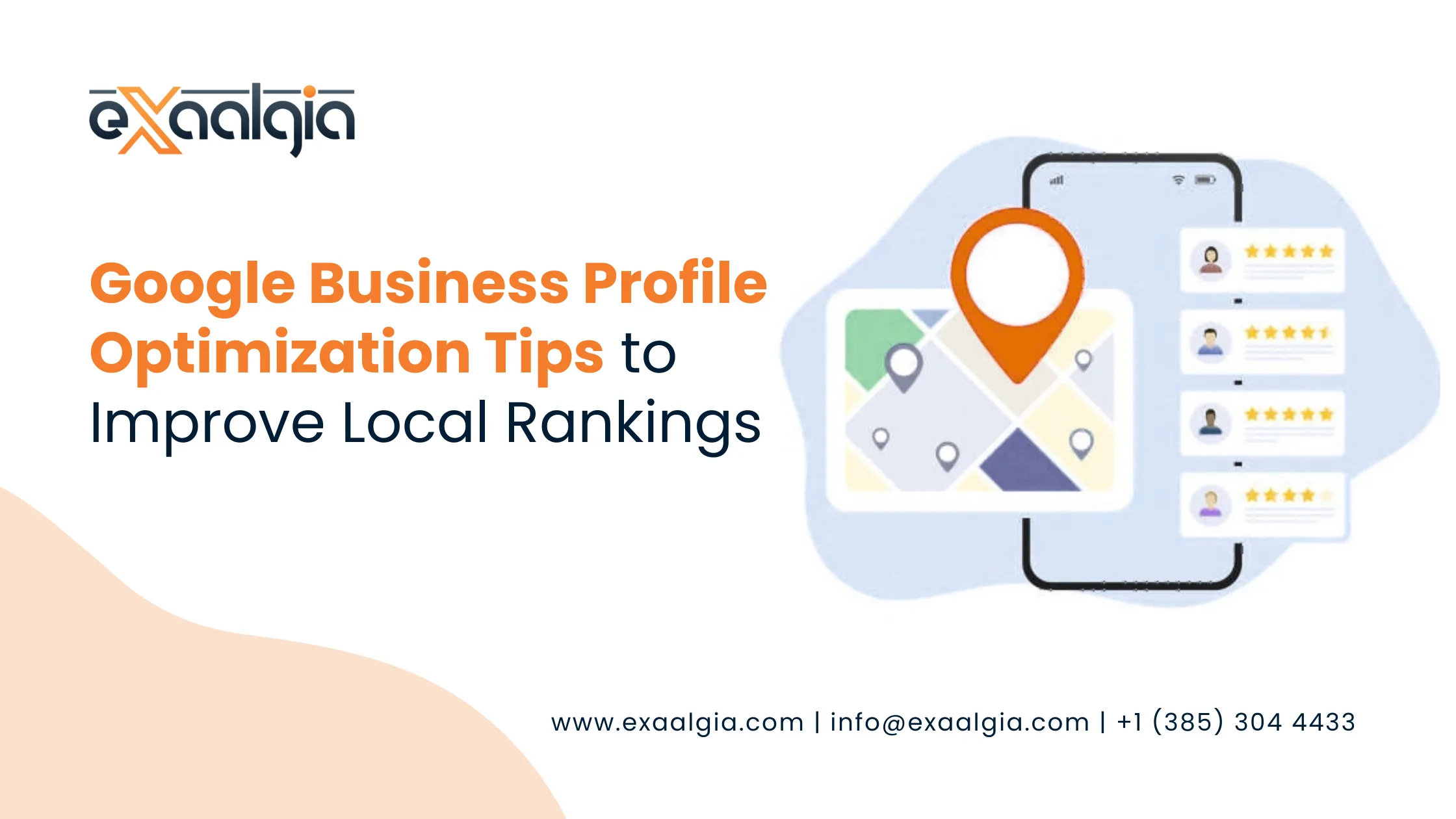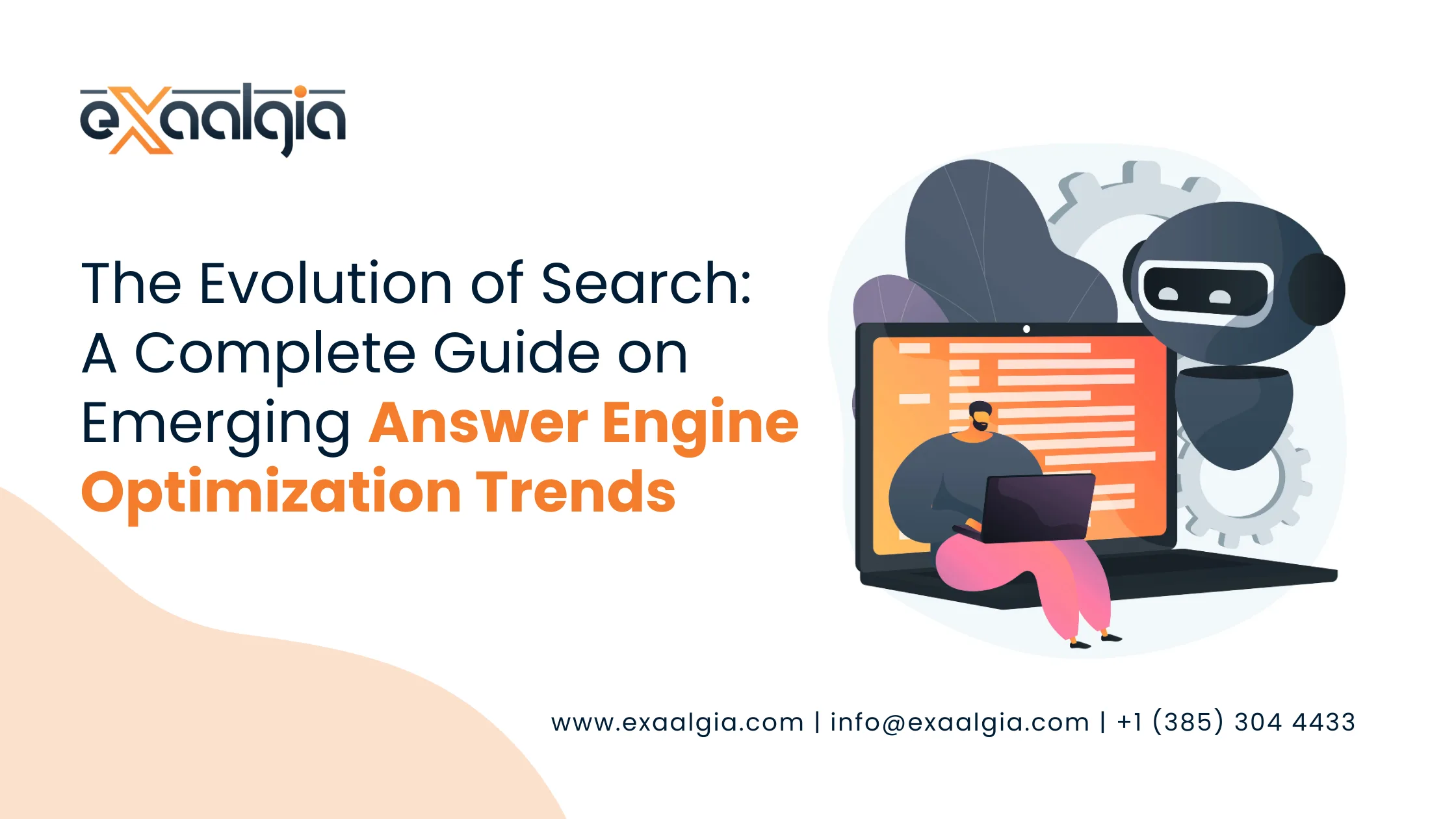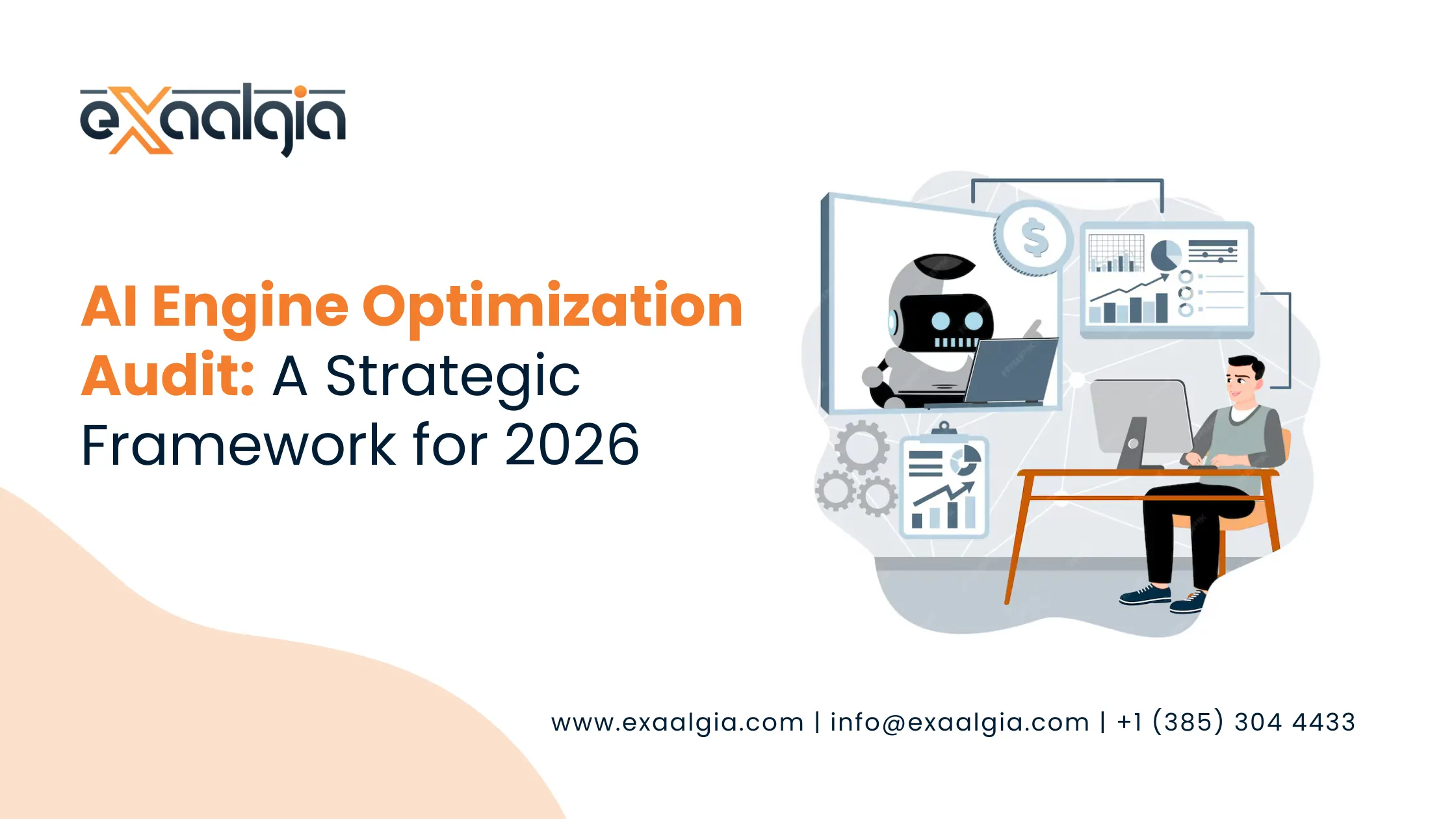The Evolution of Search
Search engines no longer are as before. Ten years ago, Google was the unchallenged source of information. Today, search has fragmented. Instead of asking humans, they are addressing TikTok, Instagram, YouTube, ChatGPT, Amazon, and even voice assistants such as Alexa.
This change has seen the search engine trends become a buzzword among the marketers, businesses, and search engine optimization specialists. You must do more than conventional SEO to remain visible because you must have search everywhere strategies.
This blog will discuss the current trends in search engines that will define the 2025 and how these will impact your brand, together with how you can use them to attract traffic, visibility, and conversions.
1. Search Everywhere Optimization: The Future of SEO
Google is not a search monopoly anymore, but it is still in the top. E-commerce platforms, social media and AI platforms have emerged as powerful discovery engines.
Search Everywhere Optimization? What’s that?
It involves making sure that your brand shows up not just on Google, but on every platform where your audience shows up.
Key Platforms You Can’t Avoid in 2025:
Traditional Search Engines: Google, Bing
Social Search: TikTok, Instagram, Pinterest
AI-Powered Search: ChatGPT, Gemini, Perplexity
Shopping Engines: Amazon, Etsy, app stores
Voice Search: Alexa, Siri, Google Assistant
Why this matters: When you optimize your business only with Google, you can’t be discovered by the millions of people who look elsewhere. Diversification lends power and broad coverage.
2. AI-Driven Search & The Emergence of Zero-Click Results
AI is revolutionizing search results. Google’s AI Overviews and Bing’s AI-driven answers provide information at once, frequently without needing users to click a link.
This is referred to as the zero-click search trend, and it’s transforming the SEO game.
Effects on Brands:
- Most websites experience traffic drops as users receive answers immediately in search results.
- However, showing in AI summaries or featured snippets still generates brand awareness.
How to Adjust:
- Employ structured data and schema markup.
- Develop FAQ type content that responds to particular questions.
- Release unique research, facts, and expert opinion that AI tools will most likely reference.
Being referenced in AI-fueled search is the new “Page One.”
3. Generative Engine Optimization (GEO)
There is a new discipline on the rise: Generative Engine Optimization (GEO).
Whereas traditional SEO aims at search engine spiders, GEO aims at AI-based systems such as ChatGPT and Gemini. The objective is to organize and present information in formats that generative engines can identify with, quote, and bring to the surface of their responses.
Tips for GEO Success:
- Cover topics thoroughly so AI treats your site as a source of authority.
- Use metadata, headers, and structured markup.
- Write in plain, natural language consistent with conversational AI responses.
When paired with traditional SEO and Answer Engine Optimization (AEO), GEO ensures visibility on both search engines and AI assistants.
4. First-Party Data Becomes Essential
With search becoming less predictable, companies need to fall back on something more stable: their own audience data.
Why? Because with zero-click searches and algorithm changes, you can’t manage traffic the same way.
What You Should Do:
- Create email lists and SMS subscribers.
- Use gated content such as free tools, webinars, or whitepapers.
- Focus on brand engagement metrics, impressions, mentions, and shares, rather than clicks.
First party data puts you in control of your audience, regardless of what search platforms evolve.
5. Short-Form Video & Social Search Dominate
TikTok, Reels on Instagram, and Shorts on YouTube are now big search platforms. Gen Z, especially, tends to search TikTok first before Google.
Why Short-Form Video Wins:
- Humans crave quick, visual solutions.
- Algorithms increase discoverability for keyword-dense captions and hashtags.
- Engagement is greater than with text only content.
Actionable Tip: Build short, search-engine-optimized videos answering specific questions.
Example: Instead of a 10 minute YouTube how to, make a 30 second TikTok response to “How to rank a Shopify store in 2025?”
6. E-E-A-T More Relevant Than Ever
Google and AI search solutions are doubling down on E-E-A-T (Experience, Expertise, Authoritativeness, Trustworthiness).
To appear in results, you require:
- Expert Content: Copy written or edited by matter experts.
- Author Transparency: Transparent bios, credentials, contact details.
- Authority Signals: Backlinks, brand mentions, social proof.
Establishing your credibility on all platforms will have a direct effect on your visibility in search engine results and AI summaries.
7. Faster Indexing with IndexNow
Search engines such as Bing, Yandex, and even some Google related platforms utilize IndexNow, which allows sites to immediately inform search engines about fresh content.
Why This Matters:
- Your content is displayed sooner in search results.
- You remain ahead of the competition by not waiting for normal crawling.
If your website is powered by WordPress, Wix, or Shopify, there are easy plugins to get IndexNow implemented today.
8. Competitor Backlinking Still Works
While new search engines and AI get the media attention, old school methods such as competitor backlink analysis continue to pack a punch.
Competitor Backlinking Strategy:
- Analyze who links to your competition with SEO tools.
- Contact these sites with superior content, resources, or fresher data.
- Build authority in your space by copying and supplementing competitor strategies.
Consider this “old school SEO fuel” for your new-era search game plan.
9. Multi-Touchpoint Engagement is the New Normal
People don’t buy after one search. They engage with brands at multiple touchpoints, short video, social post, voice search result.
What This Means for You:
- Be everywhere your audience is looking.
- Make platform-native content (videos for TikTok, blog posts for Google, carousels for Instagram).
- Follow the entire customer journey, not the last click.
Brands that adopt multi-touchpoint SEO + CRO practices will outcompete those mired in single-channel.
Future-Proofing Your Search Strategy
Search forever changed. With AI-powered zero-click searching, short-form video domination, and search everywhere optimization, the 2025 trends require a smarter, more expansive strategy for visibility.
To succeed, brands need to:
- Diversify across platforms.
- Embrace AI-powered search and GEO.
- Gather and cultivate first-party data.
- Double down on authority, expertise, and user trust.
Search is no longer in one place. It’s everywhere, and so should your brand be.
FAQs on Search Engine Trends
1. What are the largest search engine trends of 2025?
AI-driven search, zero-click queries, short video search, and multi-platform presence are top trends.
2. How does AI affect SEO?
AI produces instant answers, which decreases clicks but grows business visibility for companies referenced in summaries.
3. What is Generative Engine Optimization (GEO)?
GEO is optimizing content for generative AI engines such as ChatGPT and Gemini.
4. Does traditional SEO still apply?
Yes, on-page optimization, backlinks, and E-E-A-T still apply but now combined with AI and social search tactics.
5. How can small business adjust to these trends?
Through a concentration on niche authority, developing short-form video content, schema markup, and direct-to-customer relationships based on first-party data.







